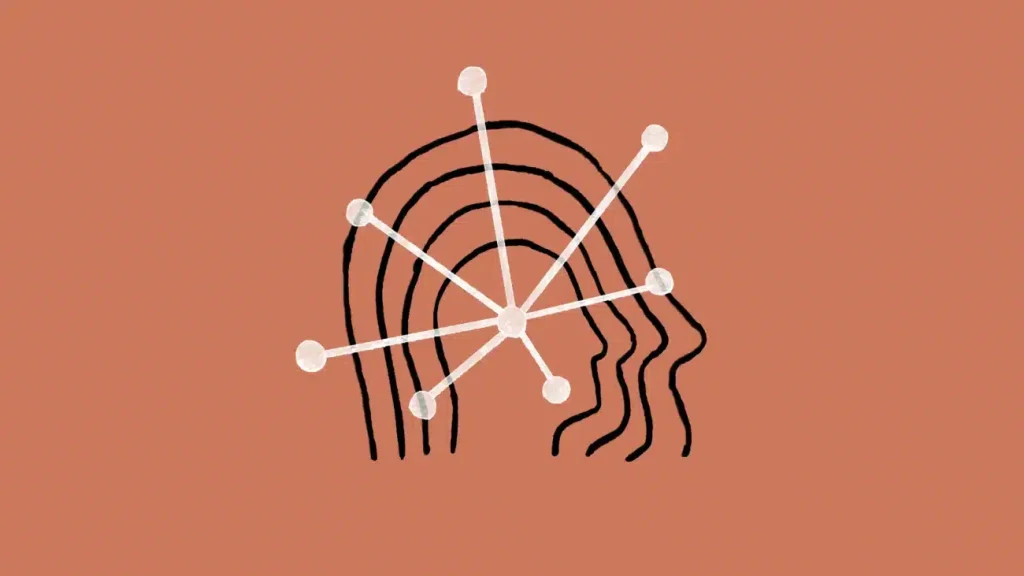Anthropic announced a new directory of tools that connect to Claude, called Connectors, on July 14.
This enables the Claude AI models to access external data sources from both local desktop applications and remote services.
Connectors for remote services are available to users on Claude Pro, Max, Team, and Enterprise plans. Meanwhile, local desktop connectors are accessible to all users, including those on free plans.
“Claude can have access to the same tools, data, and context that you do—transforming it from a helpful assistant into an informed AI collaborator that gives you more relevant responses and can work with you directly in your tools,” said the company in the blog post.
These tools and connectors work via the company’s open-source Model Context Protocol (MCP).
Anthropic also announced new connectors, built by Notion, Canva, Figma, Socket, and Prisma. The company also illustrated how the new feature works with an example.
“You might ask Claude to ‘write release notes for our latest features’ and get a helpful template. By connecting Claude to tools like Linear, you could instead ask Claude to ‘write release notes for our latest sprint from Linear’ and it pulls your actual Linear tickets and generates professional release notes—ready to publish,” said the company.
Users can explore Anthropic’s directory of recommended tools at claude.ai/directory. Users can click ‘Connect’ to authenticate (or ‘Install’ for desktop extension).
In May, Anthropic launched Claude 4 Opus, its flagship large language model. It has been widely recognised as one of the best AI models for coding, consistently ranking highly in benchmark evaluations across various categories. Alongside Claude 4 Opus, the company also announced Claude Sonnet 4, both of which offer extended thinking (reasoning) capabilities.

